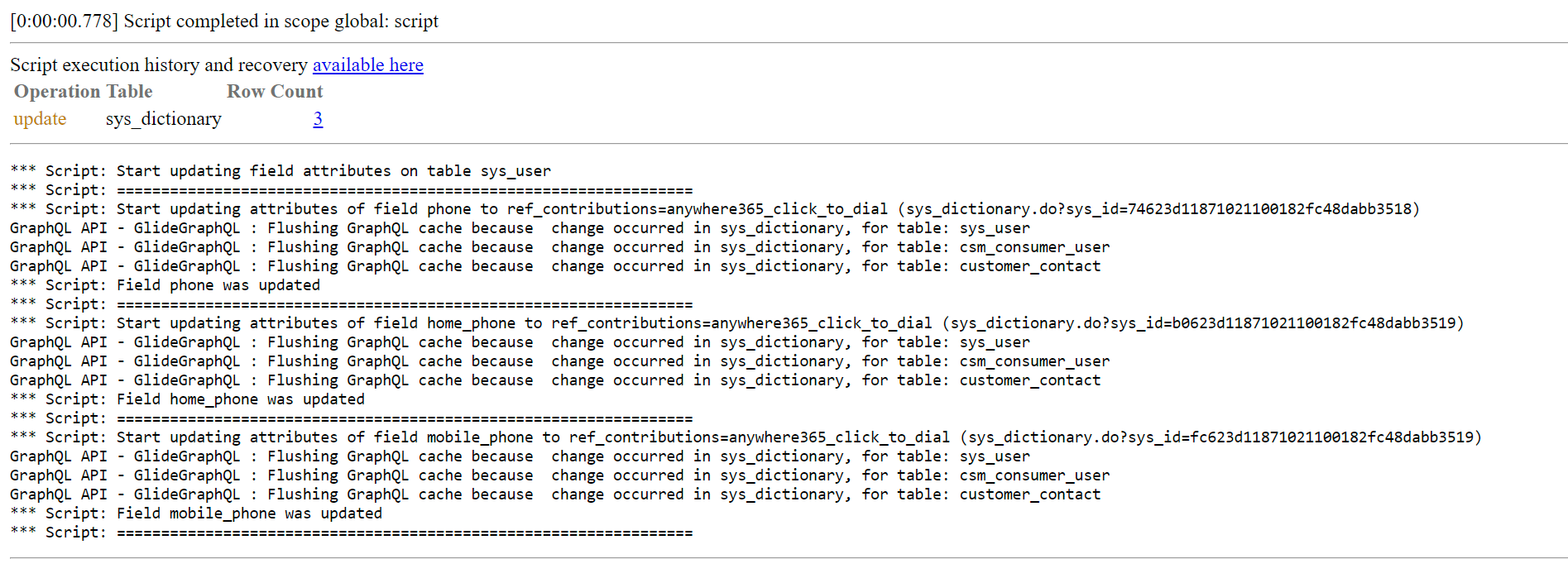Configure Click to Dial in ServiceNow
Introduction
Click-to-dial is a feature that transforms phone numbers or email uri's within ServiceNow into links that dial out when clicked, making the calling process seamless, from web to phone
Add a UI Macro
Type in the following in the ServiceNow Filter navigator: sys_ui_macro.list and click Enter.
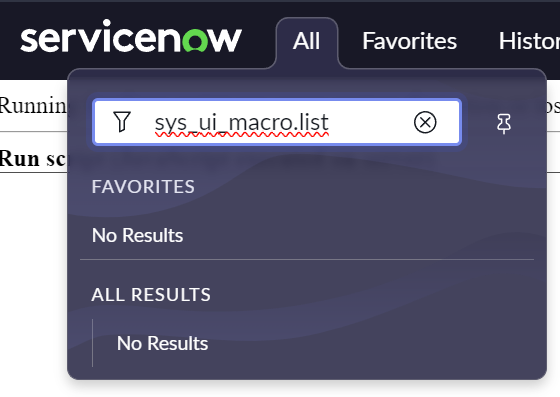
Make sure you are in the Global application / scope. (You can also validate it during the creation)
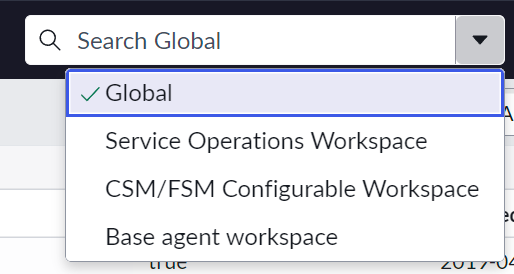
Next, click on the ‘New’ button.

In the form, fill in the following values:
-
Name: anywhere365_click_to_dial
-
Description: Adds a dial button next to a form field
-
XML:
CopyXML<?xml version="1.0" encoding="utf-8" ?>
<j:jelly trim="false" xmlns:j="jelly:core" xmlns:g="glide" xmlns:j2="null" xmlns:g2="null">
<j:set var="jvar_n" value="click_to_dial_${ref}"/>
<span id="${jvar_n}" onclick="clickToDial('${ref}')" title="Click to dial" alt="Click to dial" tabindex="0" class="btn btn-default icon-phone">
<span class="sr-only">Click to dial</span>
</span>
<script>
function clickToDial(reference) {
// Get the value of the user reference field
var s = reference.split('.');
var referenceField = s[1];
var phoneNumber = g_form.getValue(referenceField);
phoneNumber = phoneNumber.replace(' ', '');
if (phoneNumber) {
var context = { method: 'openframe_communication', payload: { phoneNumber } };
CustomEvent.fireAll('openframe_request', context);
}
}
</script>
</j:jelly>
Click on the Submit button
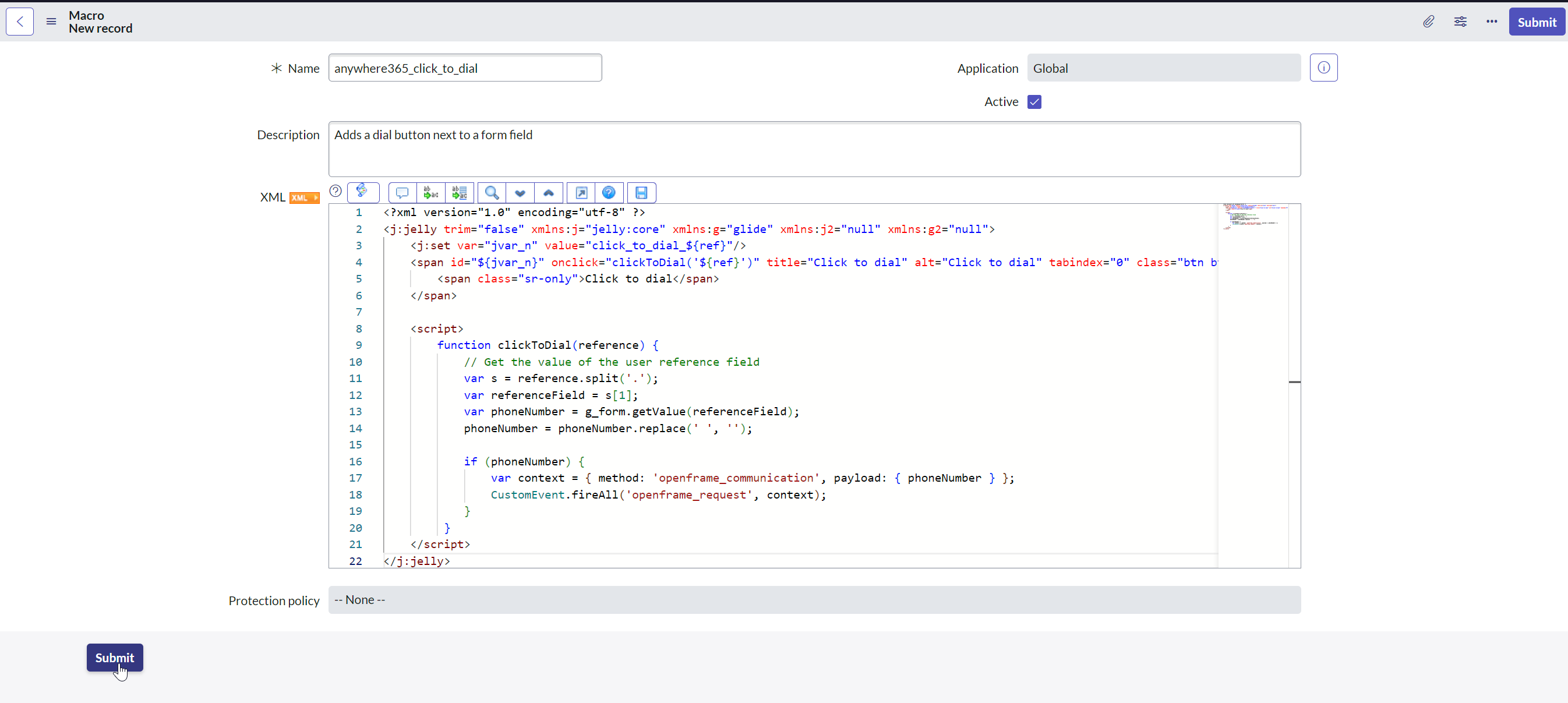
Add a click to dial attribute to phone fields
Type in the following in the ServiceNow Filter navigator: sys.scripts.do and click Enter.
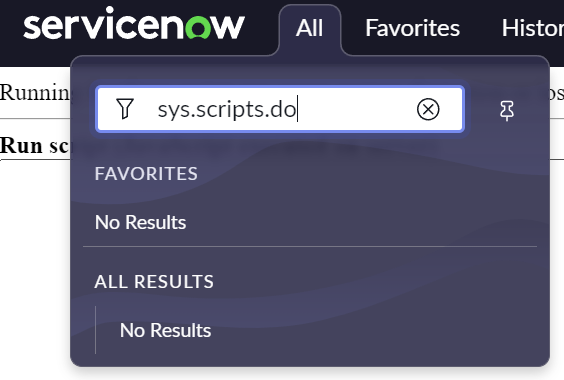
Make sure you are in the Global application / scope.
Enter the content of the following JavaScript in the Run script section.
var vTableName = 'sys_user'; // User table
var vFieldType = 'ph_number'; // Field type Phonenumber
var vAttribute = 'ref_contributions=anywhere365_click_to_dial';
var vDryRun = true; // set this to false when you're ready to do the change
// Do Not Modify below this line
bulkUpdateTableAttributes(vTableName, vFieldType, vAttribute, vDryRun);
function bulkUpdateTableAttributes(pTableName, pFieldType, pAttribute, pDryRun) {
var gr = new GlideRecord('sys_dictionary');
gr.addEncodedQuery('name=' + pTableName + '^element!=NULL' + '^internal_type=' + pFieldType);
gr.query();
var bUpdate = false;
gs.print('Start updating field attributes on table ' + vTableName);
gs.print('=================================================================');
while (gr.next()) {
var vAttributes = gr.attributes;
var nLength;
if (vAttributes) {
nLength = vAttributes.length;
} else {
nLength = 0;
}
if (nLength == 0) {
// There are no other attributes, just set it
gr.attributes = pAttribute;
bUpdate = true;
} else {
// Attributes is not empty, check to see if we have it set already:
if (vAttributes.indexOf(pAttribute) == -1) {
// The attribute is not set, so append it:
gr.attributes = vAttributes + ',' + pAttribute;
bUpdate = true;
} else {
// The attribute is set; do nothing
}
}
gs.print('Start updating attributes of field ' + gr.element + ' to ' + gr.attributes + ' (sys_dictionary.do?sys_id=' + gr.sys_id + ')');
if (!pDryRun) {
if (bUpdate) {
gr.setWorkflow(false);
gr.update();
gs.print('Field ' + gr.element + ' was updated');
} else {
gs.print('Field ' + gr.element + ' already has attribute ' + vAttribute + '. No update required.');
}
gs.print('=================================================================');
}
bUpdate = false;
}
if (pDryRun) {
gs.print('=================================================================');
gs.print('This was a test run and nothing was updated. To start updating, change var vDryRun to false (var vDryRun = false;) and run the script again.');
}
}Change the value of var vDryRun to false (when value is set to true, it will only execute a test run) and click on the Run script button.
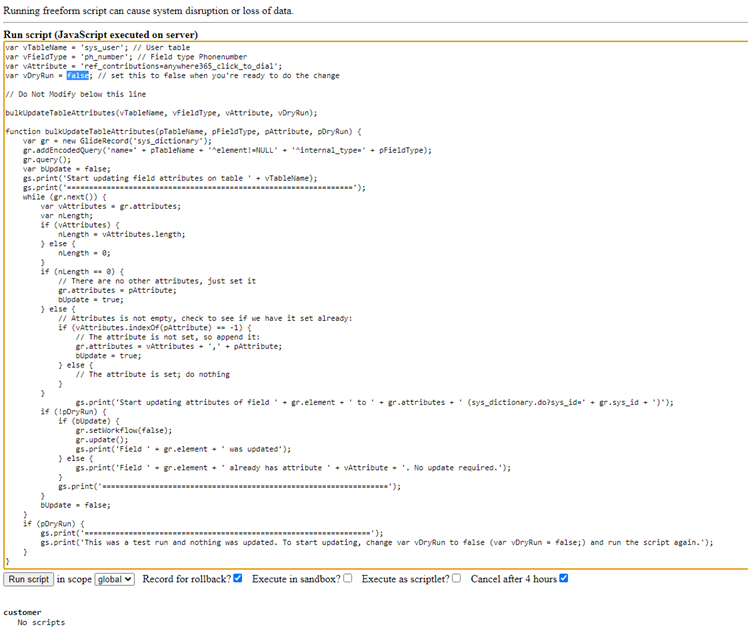
After executing the script, an output like this will be shown:
